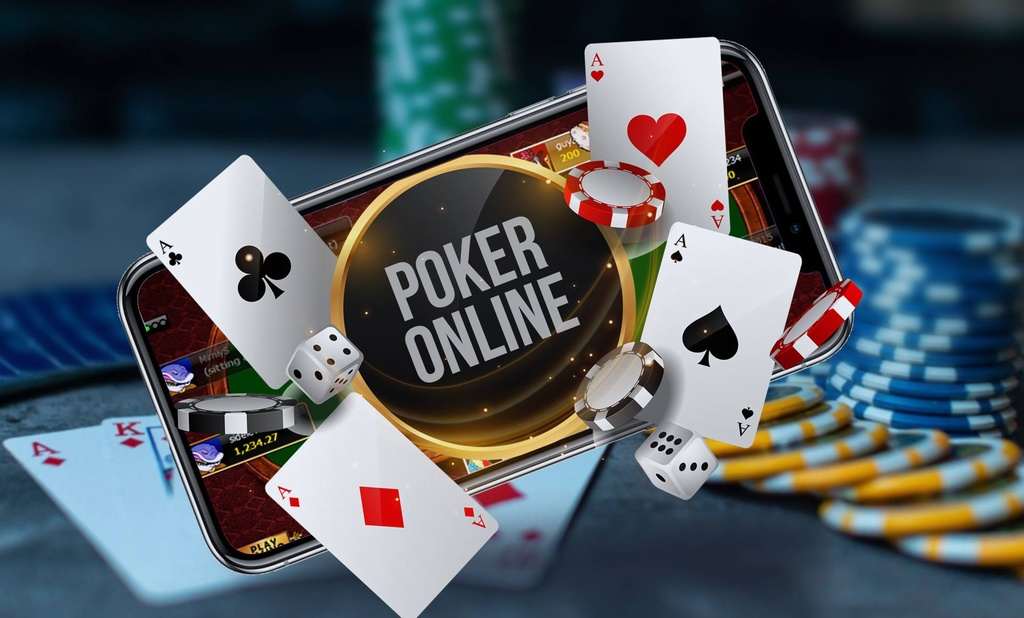johan-botha.com – Welcome to the thrilling world of poker online, where strategy meets chance and every hand holds the promise of victory. Poker has captured the hearts of players worldwide with its blend of skill, psychology, and excitement. From casual games among friends to high-stakes tournaments watched by millions, poker has become a staple in both online and offline gaming communities. However, as with any game involving money and competition, it’s crucial to know when to step back and reassess your relationship with this captivating pastime. Let’s delve into why knowing when to stop playing poker is essential for your well-being.
The Dangers of Playing Poker Online too Much
poker online is an exhilarating game that can be enjoyed in moderation. However, when the thrill of the game starts consuming your every thought, it may lead to dangerous consequences. Playing poker excessively can have a negative impact on various aspects of your life.
Spending too much time at the poker table can result in neglecting other responsibilities such as work, relationships, and personal well-being. The constant pursuit of winning big can also take a toll on your mental health, leading to increased stress and anxiety. Furthermore, excessive gambling can lead to financial strain and debt if not kept in check.
It’s essential to recognize the dangers of playing too much poker and take proactive steps to maintain a healthy balance. Setting limits on how much time and money you allocate to the game is crucial for preventing addiction and maintaining control over your habits. By being mindful of your playing behavior and knowing when to step back, you can safeguard yourself from falling into harmful patterns associated with excessive gaming.
Signs that it’s time to take a break
As much as we love the thrill of the game, there comes a point where it’s crucial to recognize when poker is no longer just a fun pastime. If you find yourself neglecting responsibilities in favor of playing endless hours, it might be time to reassess your priorities. Constantly chasing losses and feeling irritable or anxious when not playing can also signal that taking a break is necessary.
Physical symptoms like fatigue, headaches, or eye strain from staring at screens for too long shouldn’t be ignored either. Have you noticed that your sleep patterns are disrupted due to late-night poker sessions? This could indicate an unhealthy obsession with the game. Another red flag is if your financial situation starts to suffer because of excessive gambling.
If friends and family express concerns about your poker habits or if you’re isolating yourself more than usual to play online, these are clear signs that it’s time to step back and reevaluate how poker fits into your life. Remember, self-awareness and knowing when to take a break are key components of responsible gaming.
Listen to your instincts and prioritize your well-being over the game
Listen to your instincts and prioritize your well-being over the game. Remember, poker is meant to be a fun and entertaining activity, not something that consumes you entirely. Knowing when to stop playing is crucial for maintaining a healthy balance in life.
By recognizing the signs that it’s time to take a break, setting limits, and exploring alternative activities, you can enjoy poker responsibly while still taking care of yourself. Trust yourself and make decisions that benefit both your mental health and enjoyment of the game. Your well-being should always come first.
